Abdul Bismillah, a writer in Hindi, has written a novella entitled Dantkatha. I have recently translated this novella in Marathi. A rooster or domestic cock is running away from the community of butchers making all possible efforts to save his life. All the people who want to find and kill him are trying to pull him out but the rooster, stricken by the fear of death, continues to run away. Finally, on the way he goes and hides himself deep down in an empty drainage pipe. Now he has reached a point where the road for him to move ahead as well as the road to go back is almost blocked. Death can accost him any time. And the dark night is around.
In such circumstances the rooster, taking the readers into confidence, starts talking in order to communicate with them. He begins to tell them his childhood memories. Though we start looking at this narrative as memories told by an ordinary rooster, we begin to realize that the narrative revealed here is not different from the memories of a common man. It very much contains his life in the dirty fowl shelter with hens and chicks, their petty egoism and the resultant fights, love affairs, small and big, in short, all sorts of conflicts of common man’s life. And on top of this survival for existence, there looms the unending shadow of terror at large---the shadow of death extending forever!
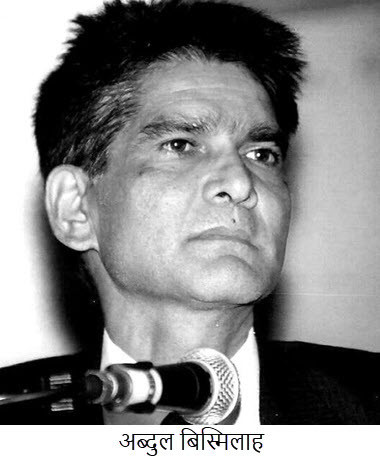 Man also experiences the same and his life is not different from this sorrow and fear. There is our petty life, our petty systems of life and the constant fear overshadowing the human mind. Man has been experiencing all this for years. Wars all over the world have given us the fear that existence can be wiped out at will, partition has destroyed man’s life and urban lifestyle has given us nothing but a mechanical, meaningless life like that of insects. And now the Covid-19 Virus has given us a frightening, fearful and confused life! This has filled human lives all over the world with a vast terrifying fear, including the lives of Marathi-knowing people.
Man also experiences the same and his life is not different from this sorrow and fear. There is our petty life, our petty systems of life and the constant fear overshadowing the human mind. Man has been experiencing all this for years. Wars all over the world have given us the fear that existence can be wiped out at will, partition has destroyed man’s life and urban lifestyle has given us nothing but a mechanical, meaningless life like that of insects. And now the Covid-19 Virus has given us a frightening, fearful and confused life! This has filled human lives all over the world with a vast terrifying fear, including the lives of Marathi-knowing people.
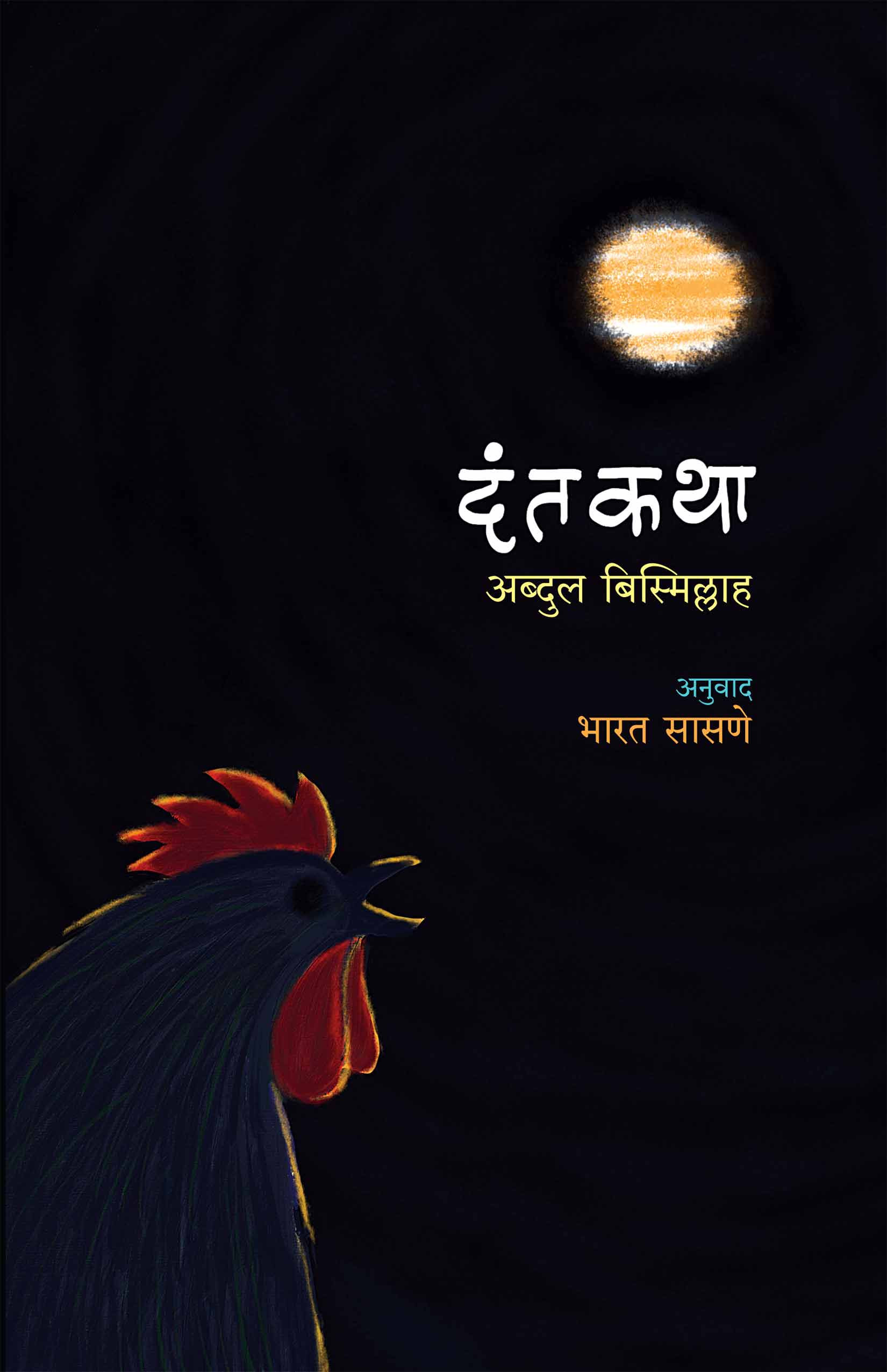 However, at the end of the novella, when the dawn is approaching, this dying rooster crows loudly and fearlessly. The crowing of this rooster as though cuts off the enveloping sheet of darkness with a bright shining knife. He has left behind the terror-stricken petty feeling of safety as well as the fear that his loud crowing would reveal the location of his hiding place to his enemies.
However, at the end of the novella, when the dawn is approaching, this dying rooster crows loudly and fearlessly. The crowing of this rooster as though cuts off the enveloping sheet of darkness with a bright shining knife. He has left behind the terror-stricken petty feeling of safety as well as the fear that his loud crowing would reveal the location of his hiding place to his enemies.
He wants to salute the rising sun. Fearlessness of his mind is trying to control petty fears gnawing at his guts. By controlling this inner fear, he wants to greet and welcome the new life. This is what the narrative tries to convey. This rooster fulfills his religious duty to crow at dawn, salutes the Truth rising like the Sun by crowing loudly and fearlessly.
Of late, most of the crowing of roosters has stopped around us. And the thick, dark soot of fear is engulfing the atmosphere around. It is in this context that the novella underlines the significance of fearless crowing. It is therefore linked to the Age of Delusion spreading around us. We are simply held spellbound.
1. The Age of Delusion
‘The present is truly a difficult time,’ is a despairing statement all reflective writers have made at every step time takes in moving forward. We have accepted the grand concept of ‘Time’ in our reflective tradition. Bhartruhari has said that Time sits quietly watching and enjoying the game of destiny by throwing men and women like different gold coins or pawns on the black and white screen of alternate day and night! I have been personally thrilled by this grand concept of Bhartruhari. This concept helps us look within and think for ourselves. The question then arises: if Time itself is the prime mover and the end user in the game of life, who is man?
Holding us by the finger, ‘Time’ has made us wander through different periods of time. We have experienced the Age of machine, Age of technology and of atom and of space. However, we have now entered into the Age of Delusion. The common man in this age has been deluded, hypnotized and terrified. Primarily, he has lost his speech. An unknown dread, fear and terror have spread all over his life engulfing his living. It is expected that literature and literary writers are expected to speak and tell us about this fear. Without considering man as a petty organism, literature can underline the gravity in man’s life. It is the responsibility of a writer to tell who man is and what it is to be human.
2. Dread
I have recently published a short story entitled ‘The Wolf at the Door.’ All of a sudden a female figure covered in a black gown enters in the household of a representative intellectual thinker. The dialogue between the thinker and the dark figure are as follows:
I : Who are you, man? How did you enter directly without permission?
Figure : My name is dread and I am a female… You should therefore have said, ‘Woman, how did you enter directly without permission?’
I : Are you going to teach me grammar now?
Figure : All people learn everything naturally without my teaching them… Now I am going to live in your house…
I : You mean I have to live with dread?
Figure : What other alternative do you have?
I : If I refuse?
Figure : You cannot … Nobody can do it… Only dread continues to exist…
I : Then what should I do?
Figure : In fact, I shouldn’t tell you this… because my job is just to be here…Accordingly, I am now here, on the road, in the gully and even in Delhi … but the two officers earlier gave you some moong in a beautiful green bottle … I advise you to swallow those pulses… then you will not face the question of what to do… You will keep quiet and be happy. Writers recently don’t face this question… You should also not face it…
Dread has entered and settled into the brains not only of representative common man but also of the intellectual thinker. It is being revealed through their behavior, speech, writing and thinking. It has started living in all the households.
3. Vidooshak, the Joker!
Maulana Rumi was born in the province of Balkh in Afghanistan in the year 1207. He was a Sufi mystic thinker. He says,
"एक हजार क़ाबिल आदमी के मर जानेसे इतना नुकसान नही होता
जीतना, के एक अहमक के साहिबे एख़तियार होनेसे होता है"
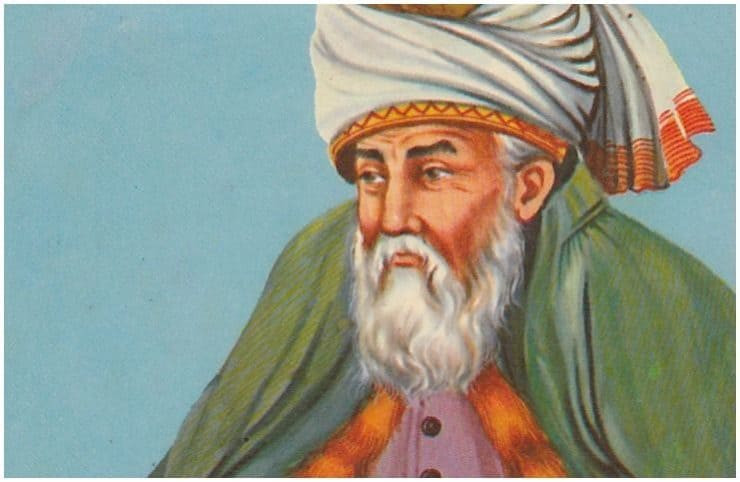 If an army battalion full of a thousand strong men is killed, it does not incur much loss. However, according to him, the loss a society suffers after a joker-like vidooshak comes to power is irreparable, the damage can never be repaired. Ahmak means a vidooshak. The word does not refer to a joker in a cir
If an army battalion full of a thousand strong men is killed, it does not incur much loss. However, according to him, the loss a society suffers after a joker-like vidooshak comes to power is irreparable, the damage can never be repaired. Ahmak means a vidooshak. The word does not refer to a joker in a cir
cus. It refers to a vidooshak: the Fool. Sahibe ekhtiyaar means coming to power.
The point here is that if a society allows a foolish vidooshak to assume power, the society has to face unbearable suffering and pain. Common men and women in a society have to create and set up a system for material exchange and handling of worldly affairs in their life. Why do common people suffer, undergo sorrow and pain and why they are betrayed after electing individuals to represent them to run this system is explained by Rumi giving the above reason.
4. The wolf sitting at the door!
At present, the common man is more in a state of delusion. Some sort of an unidentifiable numbness has held him tight. He has not yet realized how his suffering would be cleared or healed. He is under the impression that some Messiah or savior would come to change his circumstances and set him free from them. That is why he is waiting for an ‘Avatar’ in the future. But no such Messiah will come and his waiting for him will never be over.
Though the visionary poet, while giving consolation, had said, “The morning of hope will surely arrive sometime,’ he was speaking ironically because that tomorrow is not going to come.
But it is man’s destiny that he has simply to go on waiting. Nobody tells the common man that it is a crime to consciously and willfully spread wrong thoughts and ideas in the society. Nobody tells him that a wolf named ‘politics’ has come at the door of all people, including those living in the hut, and is waiting. Nobody tells him that this wolf is fraudulent; his face is not cruel but smiling and attractive. The system has not at all given the common man free time to think for himself and his life. But the wolf is at the door!
5. Nightmare
That the common man in me properly understands the restlessness of the present happenings taking place around is necessarily not true. The common man along with me is simply befuddled. The increasing noise around is numbing his senses. Someone says, we have too much of democracy. Someone says, all this is going on for your wellbeing and welfare. But we cannot understand what is really happening. We have entered in an age of delusion in which silence is imposed on us. And an unpredictable dread, as if in the form of a nightmare and some ‘shrewd silence’ has spread all around us. That we will be divided and destroyed has become the basic question.
The common man in the society, having lost his reason, confusedly asks others a question: What are the farmers, who feed us, are saying and what is your opinion about it? He does not get an answer because who will answer him? Then an image of a slightly crazy, possessive and obsessed mother appears before the vision of the common man. This mother, holding a bitter tonic in a spoon, is running after her ignorant children who are refusing to drink the tonic. The mother says that this is for your welfare and wellbeing. Why don’t you understand? Children are running helter-skelter from one room to another. They don’t want the tonic forced upon them. The mother is surprised. According to her, the children really don’t understand. She is simply not able to understand their ‘protest.’ She does not want any mediatory. Moreover, nobody has the moral courage to mediate.
Some such vision moves before my eyes. This picture is dreamlike. Anyway, the difference between truth and dream is already destroyed in the age of delusion. We are waiting for the fearless rooster to loudly and clearly crow to salute the Truth defeating the darkness. It means we will continue to live again in a hypnotized state and in this age of delusion.
(Translated by Vilas Salunke)
- Bharat Sasne
(Originally published in Marathi in Loksatta newspaper on 10th January 2021)
Tags: Bharat Sasane Vilas salunke abdul bismmillah common man भारत सासणे विलास साळुंके अब्दुल बिस्मिल्लाह दंतकथा Load More Tags

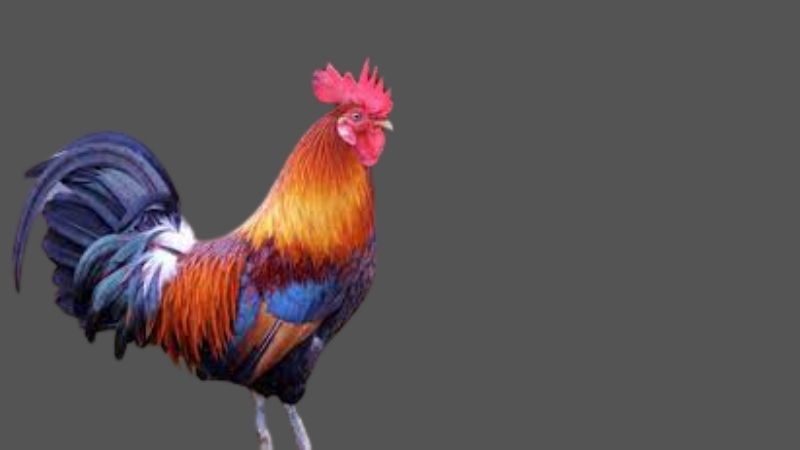
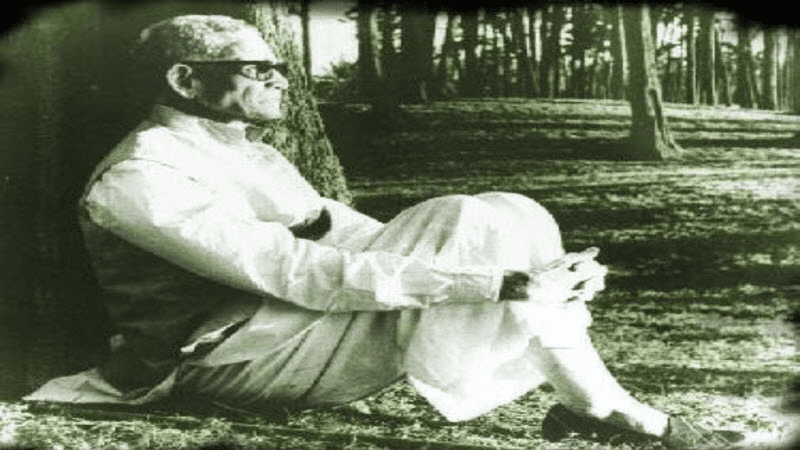


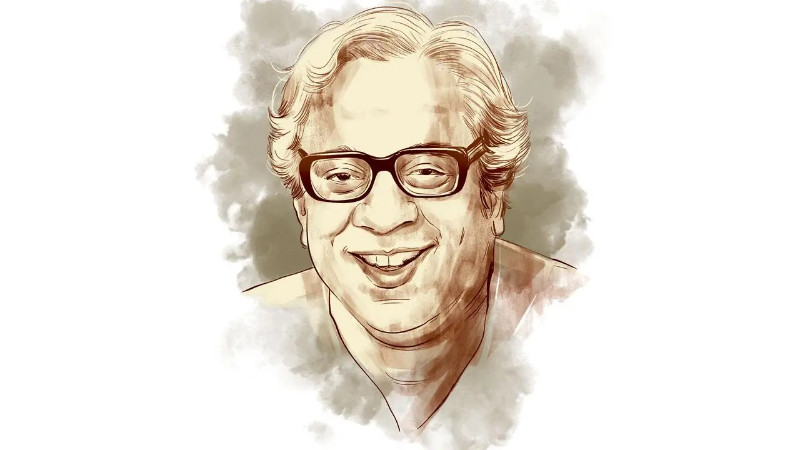
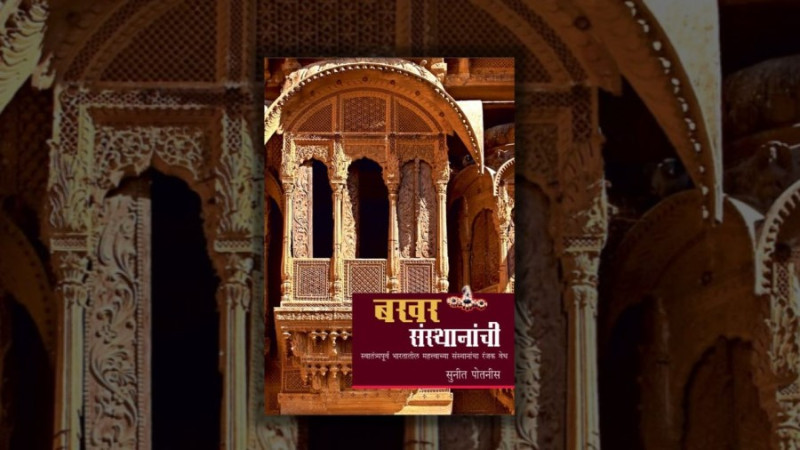

























Add Comment